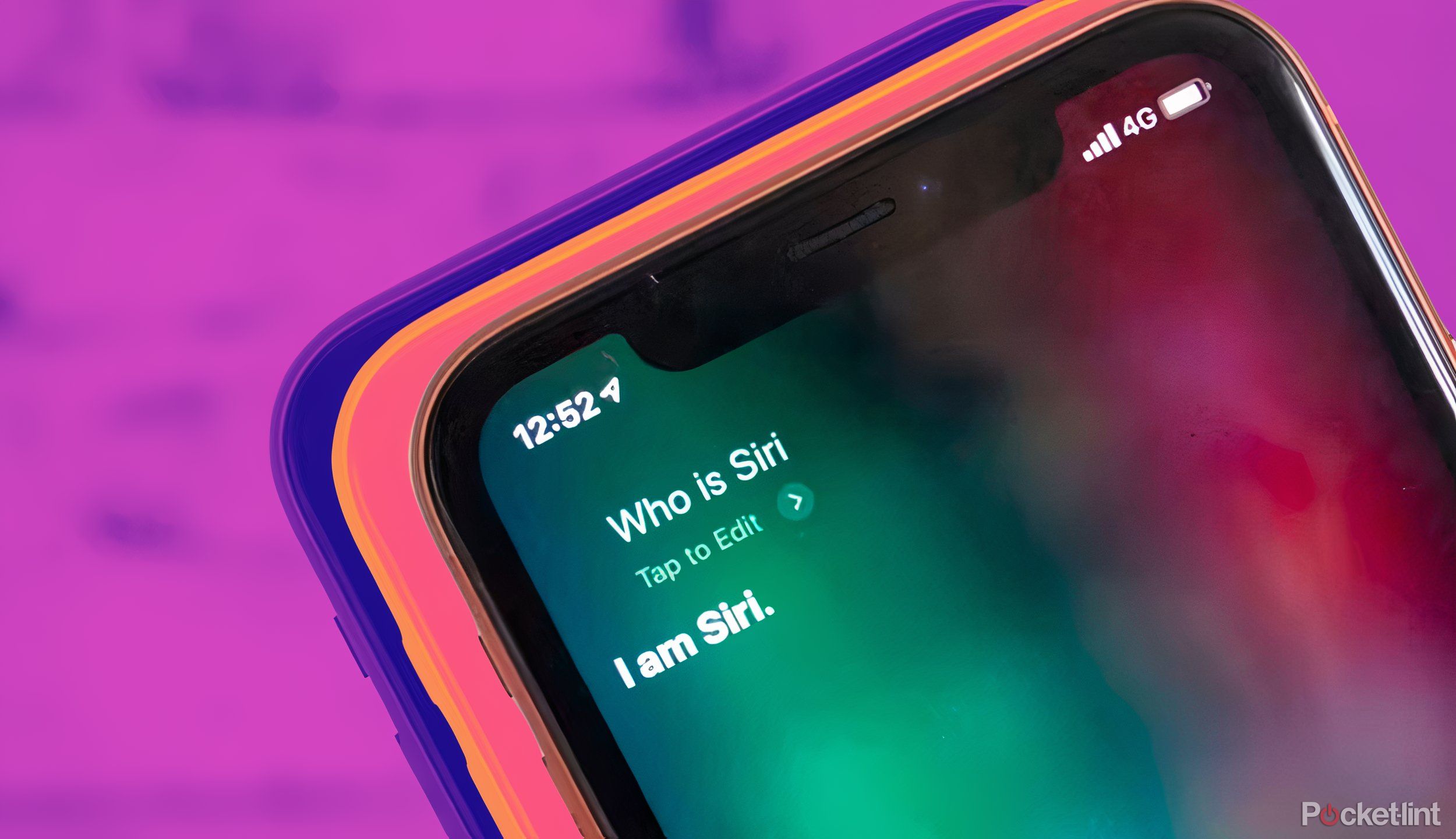Key Takeaways
- Siri is lagging and needs a major overhaul to compete with AI chatbots.
- On-device processing is essential for enhanced privacy and efficiency.
- New Siri must offer genuinely useful features, accuracy, integration, and be free.
Siri has never lived up to her early promise. In the years that have passed since her launch, she’s seen some incremental improvements, but mostly she’s just stagnated, seeing other voice assistants overtake her.
A lot of Apple’s published research hints at the company working a new and improved version of Siri…
And then AI chatbots came along, and just blew her out of the water. However, it seems that Apple has been playing catch up and may soon be ready unleash a brand new Siri on the world; one that’s powered by AI. A lot of Apple’s published research hints at the company working a new and improved version of Siri, with new capabilities that can put Siri back on the map.
What would a new Siri need to look like not only to catch up with the competition but even surpass it? Here are some of things I think new Siri would need to really stand out in the AI race.
Related
7 things Apple might be doing with generative AI
Apple is a long way behind the competition, but rumors say it might have some great generative AI features on the way.
1 On-device processing
An LLM on your iPhone

This is a big one and does appear to be something that Apple is actively working on. The early big hitters in generative AI, such as ChatGPT all require significant amounts of compute power and large amounts of storage space. For this reason, everything happens in the cloud rather than on your device; your prompts are sent to ChatGPT’s servers, for example, the processing is done, and then the response is sent back to your device.
It’s possible to install generative AI programs on computers with enough processing power and storage space, but smartphones are generally lacking in these areas. Google has added some onboard AI capabilities to the Pixel 8 Pro, with its smallest version of Gemini, called Gemini Nano, running directly on the device. However, this is only currently capable of simpler tasks such as summarizing text or generating smart replies.
Apple is actively working on creating an LLM that is small enough to run on a smartphone but powerful enough to perform many of the tasks that the more complex models can manage. Apple’s own chips also come with neural processing units that can handle AI computation. If Apple can pull this off and have a more useful LLM running on-device, this could be a real game changer.
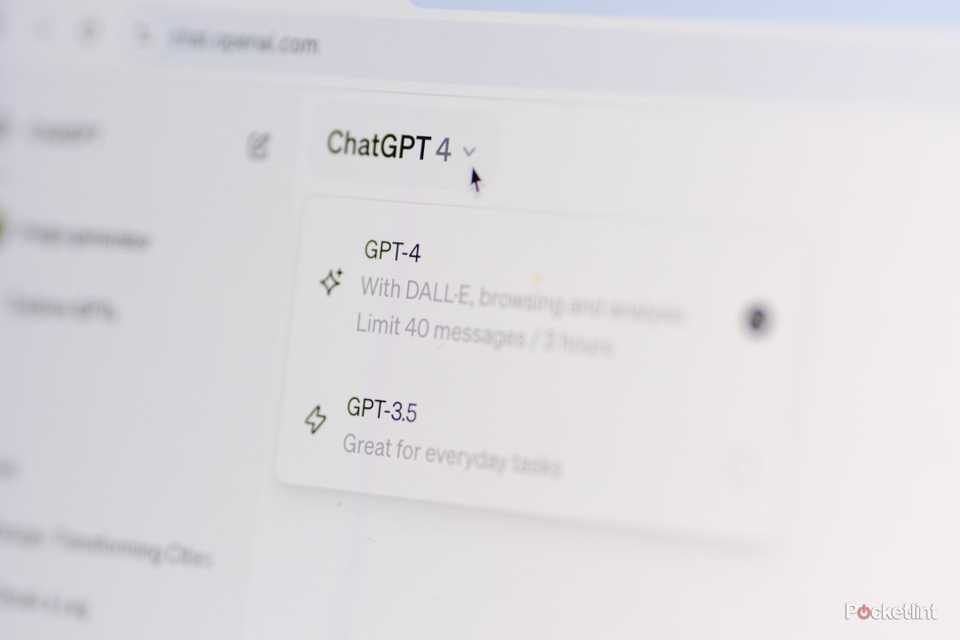 Related
Related
How to master GPT-4 in ChatGPT: Prompts, tips, and tricks
I’ve asked ChatGPT-4 to create everything from poetry to a job application. Here’s what I’ve learned.
2 A commitment to privacy
What happens in Siri stays in Siri
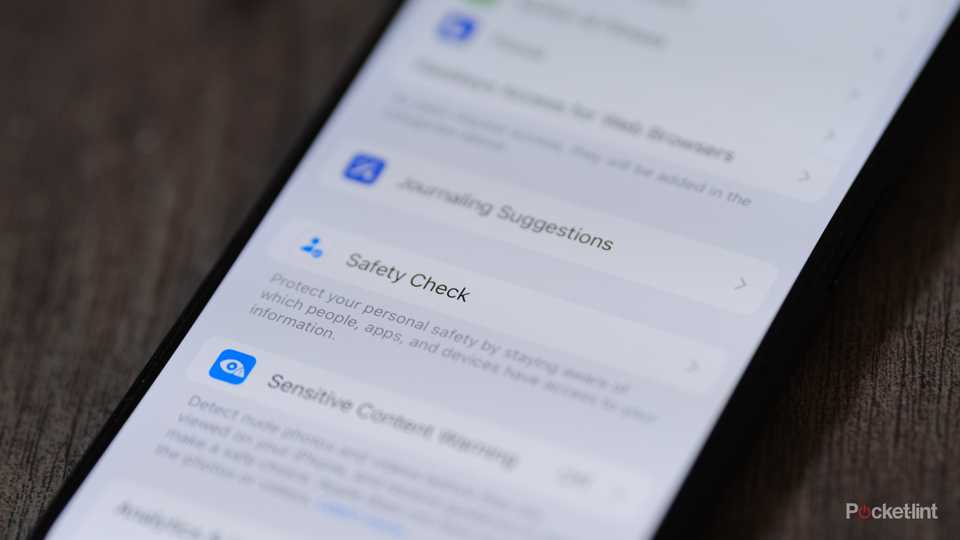
Part of the reason that Apple is so keen to get on-device processing happening is because privacy is one of the key differentiators that Apple uses to promote itself above other options. Indeed, Apple’s commitment to privacy has caused it no end of problems; creating a walled garden with its App Store so that only apps approved by Apple can make it onto your iPhone has seen the company face the wrath of the EU. The company now has to allow third-party app stores onto its devices, at least within the EU.
If Apple can get a powerful AI Siri running on-device, then this has huge privacy implications. It means that all of your prompts and voice commands are processed on your device, and never have to leave it. This means that potentially, even Apple wouldn’t know what you’re asking Siri. In comparison, it’s highly likely that Google will be using this kind information to its own benefit, in order to helpfully bombard you with better targeted ads. If Apple can keep an AI Siri private, this will be very appealing to many users.
3 Ease of use
Passing the Auntie Jean test
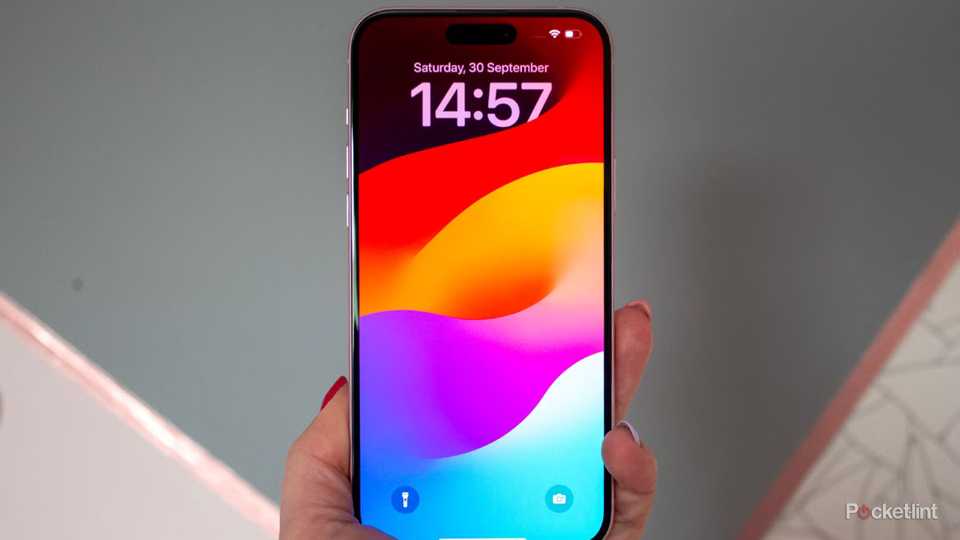
Whenever I see a call from Auntie Jean (all names have been changed to protect the technically incompetent) I know what it will be about. She will have a problem with her laptop or with her iPhone 5. The problem will usually be something simple, like there being no sound because she’s turned the volume all the way down.
If an AI-powered Siri is to really take off, it needs to be simple enough that my Auntie Jean can use it. Being able to craft a carefully worded prompt that will get the exact results you want isn’t something that is necessarily that easy, as indicated by the number of people genuinely making money fleecing people by selling pre-written AI prompts.
Siri is a great route into the world of LLMs for the less technically minded as it’s something they may have already used. If Apple gives the new Siri useful features that are simple enough for anyone to access, then this could take AI into the mainstream, something that Apple has a great track history of doing with products such as MP3 players and smartphones.
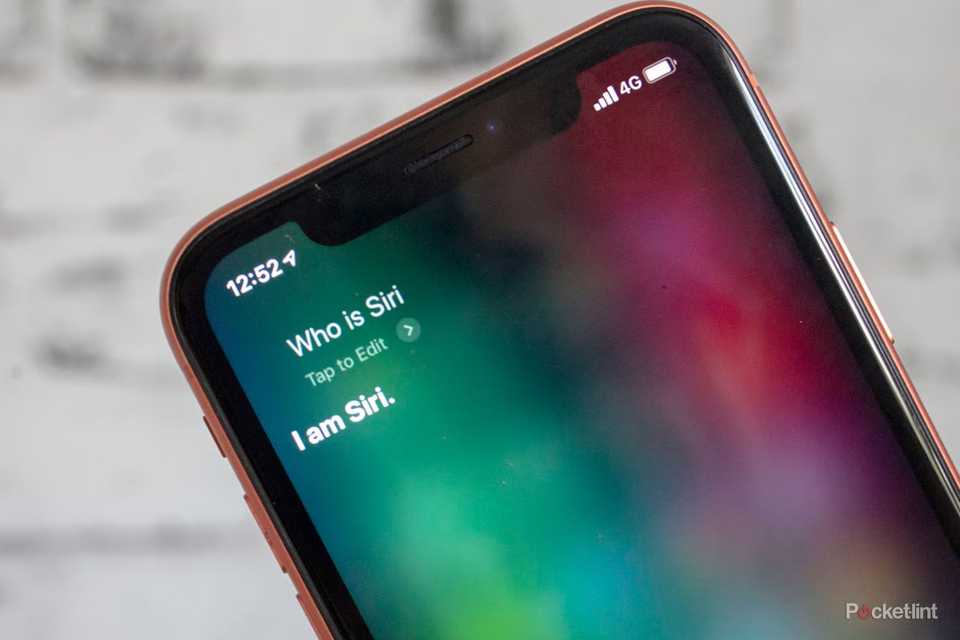 Related
Related
Siri: Absolutely everything the assistant can do on your Apple device
Wondering how to start Siri on your watch or whether it can start a FaceTime for you? We explain everything you need to know about Apple’s assistant.
4 Genuinely useful features
Siri needs a killer use

This is a big one. Generative AI is really impressive. Do you want a story about a rhino with three legs? A chatbot can knock up a great story in seconds. Do you want a picture of Santa Clause, but when he was young and hot? If so, weird, but no problem, generative AI can do that for you.
But how many of us actually need a story about a rhino with three legs or a picture of hot Santa? Sure, there are a lot of useful things you can do, such as writing code or cheating on your homework, but again, these are hardly things that billions of us want to do.
New Siri needs to be able to do things that are genuinely useful in the real world, and they need to be useful to large numbers of us. Google has made a start down this road, with some impressive photo editing features that make it easy to improve the photos you’ve shot. But even this is a little niche; many of us leave our photos completely unedited.
If Siri could find some killer use, however, then that would make a world of difference. If Apple can find features that almost everybody would want to use, from tech wizards to Auntie Jean, then that would pave the way for Siri to jump back into the mainstream and finally be what she always promised.
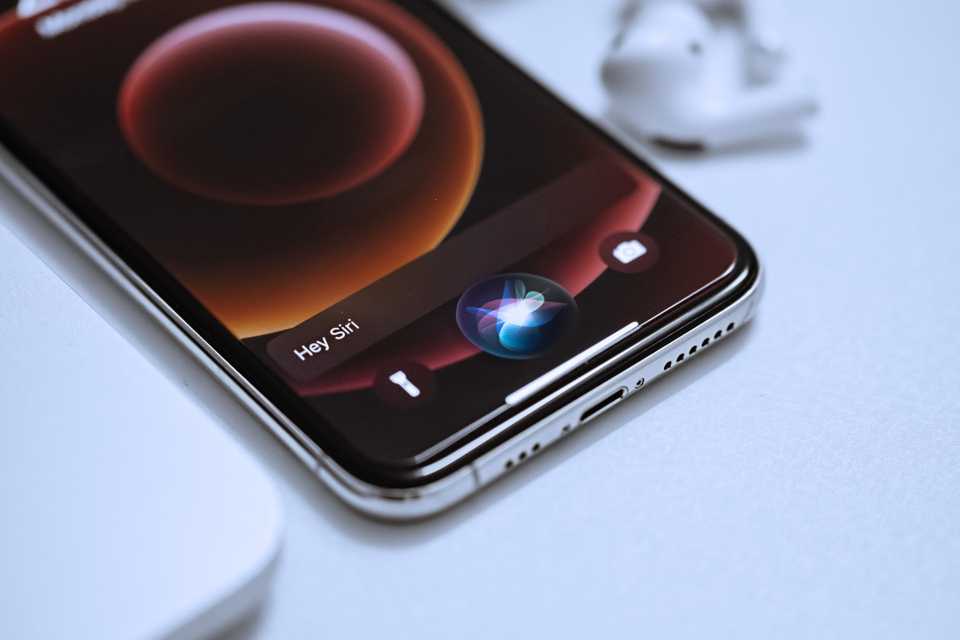 Related
Related
7 things Siri can do that you probably didn’t know about
Siri has many useful features, but they’re not all so obvious.
5 Reliability
Content you can trust
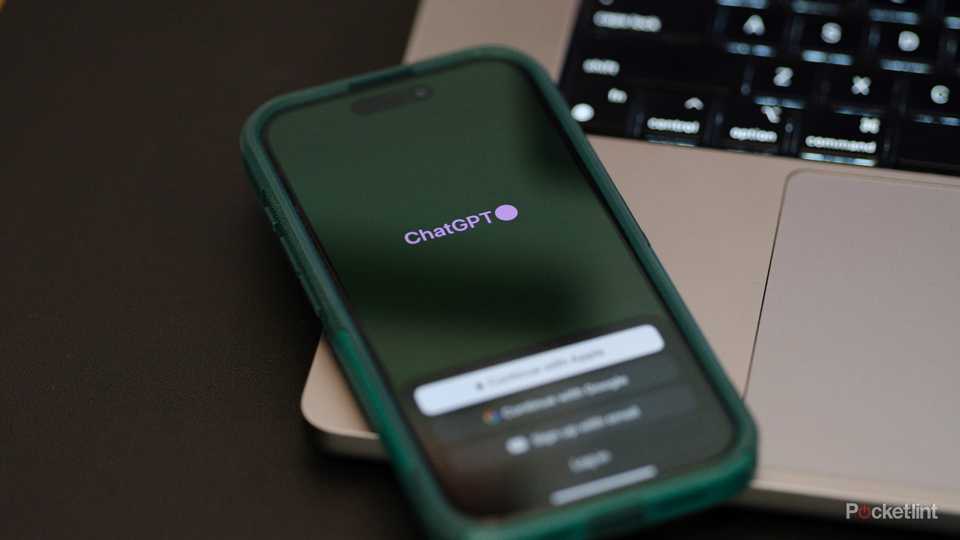
Hallucinations are a real issue in AI. Can you really trust an LLM to write your paper for you when it might end up making up not just some facts, but also their sources? When Google launched Bard, its AI chatbot tool that morphed into the current Gemini, in the demonstration the chatbot stated that the James Webb Space Telescope took the first pictures of exoplanets, which was totally incorrect. This saw Google’s stock price plummet.
This is beginning to cause big issues for AI companies. For example, a privacy rights group has filed a complaint with the Austrian Data Protection Authority because ChatGPT consistently provided incorrect information about a private individual’s birthday. When the individual requested that the information was corrected, which is their right under GDPR rules, ChatGPT stated that it was unable to do so, as it cannot say definitively where that information is coming from.
This is something that Apple needs to try to avoid. If you ask Siri when a friend’s birthday is and she gives you the wrong answer, people are going to stop using it pretty quickly. This is a real challenge, however, as hallucinations are part and parcel of LLMs.
 Related
Related
How to use Google’s Gemini AI from the web or your phone
Like ChatGPT, Gemini can be used for a range of purposes, including writing drafts, brainstorming ideas, and generating art.
6 Safety
Don’t be Google

OpenAI
Safety is another huge concern when it comes to AI. In another embarrassment for Google, Gemini was found to generate images of historical figures with genders or ethnicities that are not historically accurate, such as a female pope. Once again, the stock price plummeted.
This blunder was down to Google trying to compensate for the problem that LLMs have a tendency to produce image results that are not hugely diverse, but Google’s algorithms seem to have gone a little too far.
Apple needs to ensure that a new Siri does not make the same kind of mistakes, but more importantly, only produces content that is entirely safe. You can bet your bottom dollar that every tech reporter will be trying to get Siri to say something offensive so they can land a scoop.
5:07
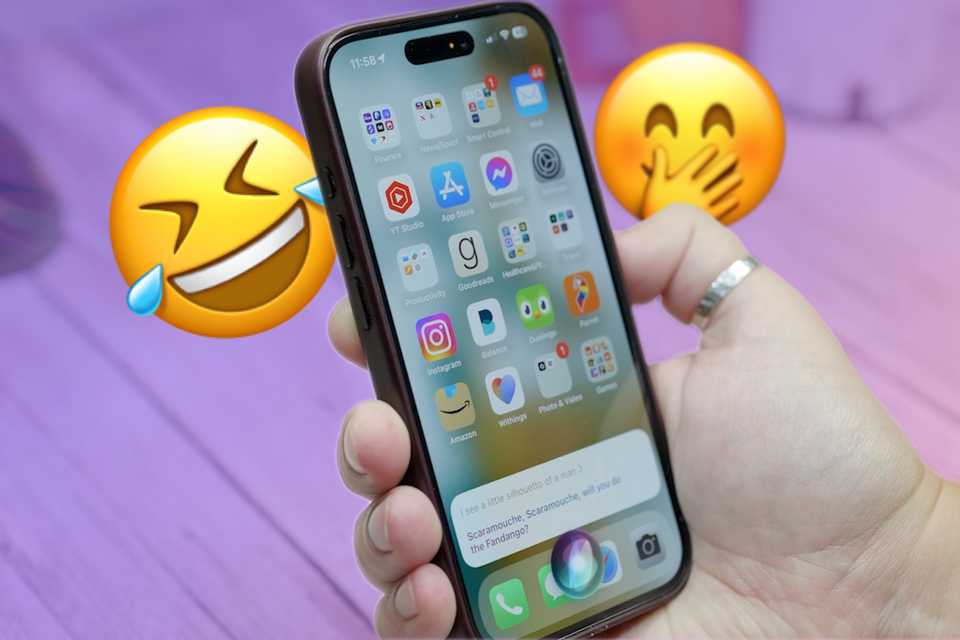 Related
Related
67 things to ask (or tell) Siri for a good laugh
Siri may not generate her jokes via AI, but she has plenty of hilarious human-written responses, and these are the best prompts to kick them off.
7 Better accuracy
You know what I’m saying?
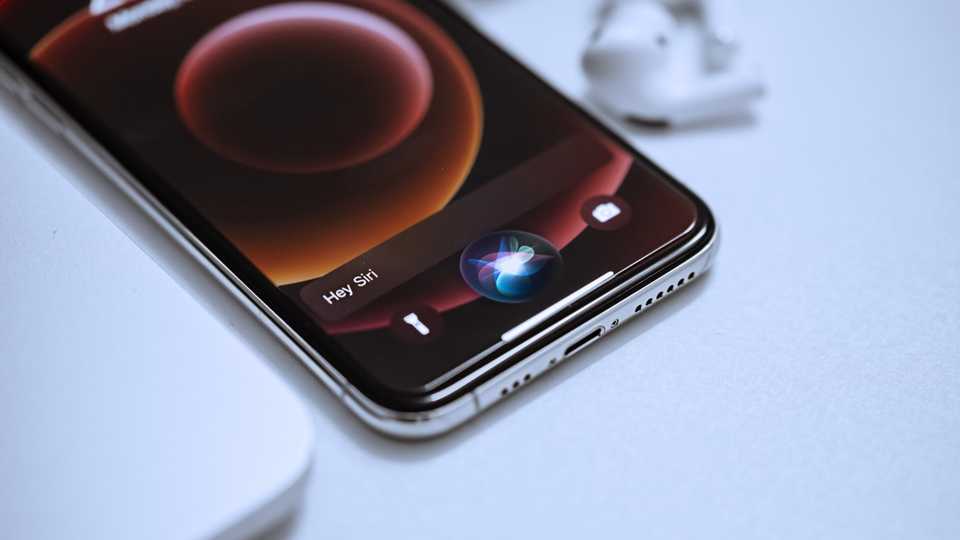
Omid Armin on Unsplash
“Hey Siri, message Stan.” “Sure, calling Dan.” We’ve all experienced this or something similar on countless occasions when asking Siri stuff. It’s not a problem that solely affects Siri, either. You’ll find the same problems with Alexa, Google Assistant, and beyond.
If Apple really wants Siri to take off, then it needs to understand what we’re saying accurately almost every time. Thankfully, Apple has been working on this, as it has published research into ways to make Siri’s trigger word more accurate, as well as also looking at how to get rid of it completely. It’s also published research into ways to make Siri’s responses more helpful based on context rather than merely trying to parse the words. Whatever route Apple decides to go down, new Siri will need to be a lot better at understanding what we’re saying.
 Related
Related
How to get Siri to read your notifications on AirPods
Here is how to get Siri to announce your Messages, calls and notifications, what you need to get it to work and which headphones are compatible.
8 Full integration into iOS
Do anything and everything with Siri

Apple is very protective of its ecosystem. That’s why a lot of the stuff that’s simple to do on Android is not possible on iPhone, such as completely customizing your home screen to look however you want it to. Third-party apps are only allowed access to certain aspects of iOS, restricting what app developers can do.
Apple has no such restrictions with its own apps, of course. That’s why new Siri needs to be fully integrated into iOS, so that you can use her to control every aspect of your iPhone. Currently, for example, if you ask Siri on your iPhone how your rings are looking, Siri will say that she can’t help and will ask you to check the Health app, and this is something that’s only recently been possible on Apple Watch, too. New Siri should have no such restrictions; you should be able to query any aspect of iOS and get access to the information you require. For the new Siri to be truly useful, its needs to have unfettered access to everything on your device.
 Related
Related
I tested Gemini Advanced against ChatGPT Plus to see which AI is better
I conducted a Gemini Advanced vs. ChatGPT Plus face-off, because I wanted to know which AI chatbot subscription service is actually best.
9 No fees
Siri, cancel my subscription

Allef Vinicius on Unsplash
There are plenty of free AI chatbots out there, but the vast majority have some kind of paid tier. This is true of ChatGPT, it’s true of Gemini, and it’s true of Microsoft’s Copilot. It’s not really a surprise; LLMs require huge amounts of computer power and huge amounts of storage, alongside huge amounts of power to keep them running, all of which doesn’t come cheap.
However, this is one way that Apple can really stand out in the AI race. Offering powerful AI features without any kind of subscription would set the company apart from its rivals and help it claw back a lot of the ground that it’s lost on its competitors. On-device processing would go a long way to mitigating the costs, so it’s no surprise that Apple is trying to make this happen.
